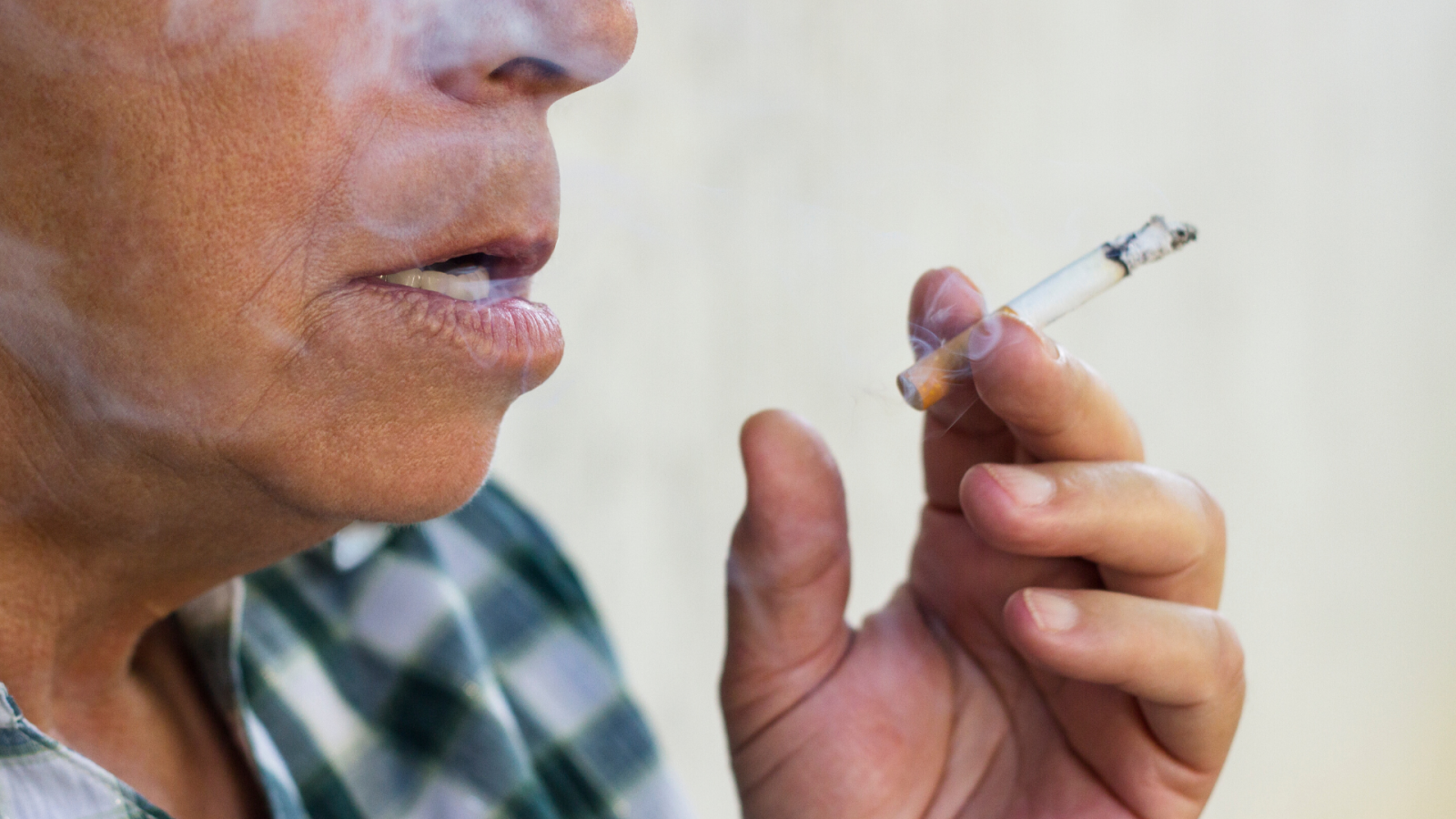Quitting smoking after a cancer diagnosis

Even after a cancer diagnosis you have the power to improve your cancer outcome by quitting.
Benefits of quitting
If you have been diagnosed with cancer, quitting tobacco use is one of the best ways to improve your chances of successful cancer treatment.
Quitting can have immediate and long-term benefits. The benefits of stopping tobacco use after a cancer diagnosis can include:
- Living a longer and healthier life
- A better chance of successful treatment
- Fewer and less serious side effects from cancer treatment
- Faster recovery from treatment
- Lower risk of secondary cancers
- Lower risk of infection
- Easier breathing
- More energy
Continuing to use tobacco after a cancer diagnosis increase the risk of:
- Worse side effects from surgery, and slower recovery.
- Worse side effects from chemotherapy like infection, fatigue, heart problems, lung problems, and weight loss.
- Worse side effects from radiation therapy, like mouth sores, loss of taste, poor voice quality, bone and soft tissue problems.
- Increased chance of the cancer coming back after treatment.
- Increased risk of other serious illnesses caused by tobacco use, such as heart and lung diseases, or a second cancer.
Smoking and using tobacco is not a lifestyle choice. Smoking is an addiction. Addiction makes it harder to stop any level of tobacco use, even if you want to quit. Some people need to try many times and try different methods before they reach their goal of a tobacco-free life.
Talking with your doctor about your smoking
You may worry that your medical team will judge you or blame you if you tell them you smoke. You may feel you will get less support during your cancer treatment if you are a smoker. This isn’t true. Your team want you to have the best outcome possible and they will help you to quit.
Talk openly and honestly with your healthcare team. Your doctor needs to know how much nicotine you use to find the right treatment to help you quit. Let your doctor know if your partner, family, or close friends use tobacco, too.
Questions to ask your health care team
Your health care team is your partner in your effort to quit. Consider asking the following questions:
- How will continuing to smoke or use other tobacco products affect my cancer treatment?
- How is smoking hurting my general health?
- What are the health benefits of quitting smoking?
- Will I have more or different side effects from cancer treatment if I continue to smoke?
- How can I create a plan to stop smoking?
- What medications are available to help me stop?
- Where can I find resources, such as counselling and support groups?
- How can I manage or avoid situations that make me want to smoke?
- How can the health care team help me with this process?
- How can my family and friends help me?
Every member of your health care team can help you.
Your GP can also give you support and refer you to the Quit Programme run by the HSE.
Freephone 1800 201 203 or Free text QUIT to 50100
For more information
Phone
1800 200 700
